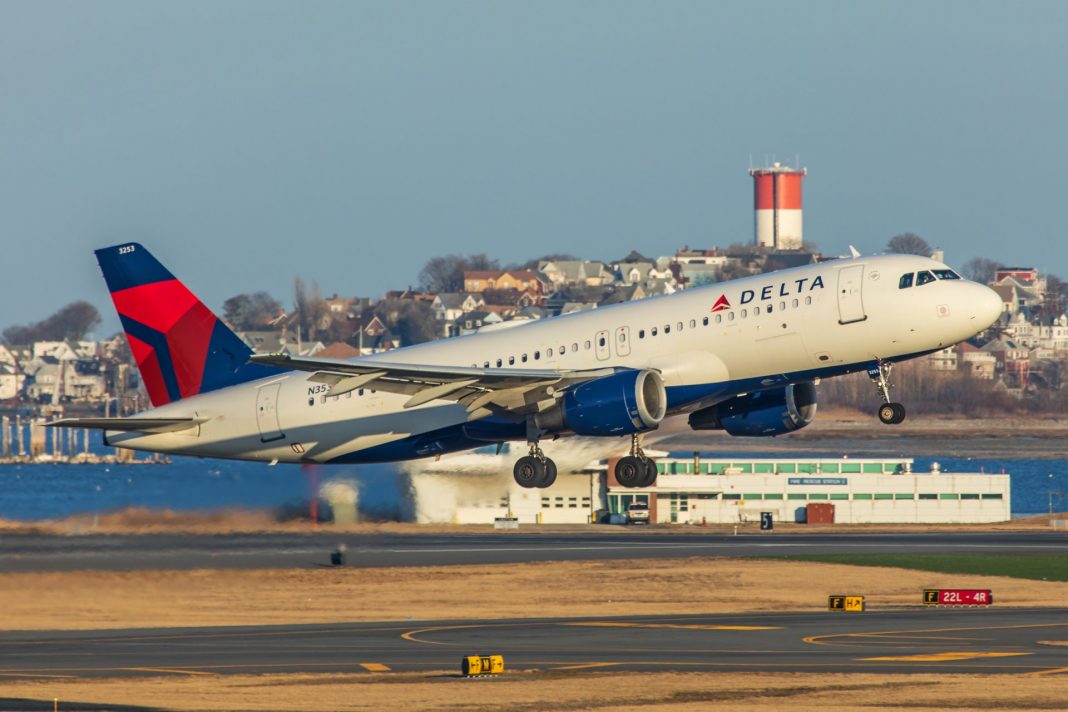By Jose Antonio Payet
Delta Air Lines Confident In Business Travel Rebound
In comments to The Washington Post, Delta CEO Ed Bastian said that he is confident that business travel will return in the future despite being having been greatly reduced over the past months due to COVID-19 pandemic.
The executive has been firm with this stance and has repeatedly assured it lately, despite Delta’s sub-25% capacity and a bleak outlook on air travel recovery due to a second spike in the number of COVID-19 cases across the U.S. and around the world.
Bastian’s confidence In business travel resumption lies on the premise that humans need face to face interaction to operate effectively.
“It’s very hard to draw that same relationship and the collaboration and creativity and spark of ingenuity that the human spirit creates for business. And as businesses start to reopen and start to look at opportunities to grow, and the economies improve, business travel will be the forefront of that,” Bastian told The Washington Post.
“I think we certainly will be a smaller industry coming through the pandemic. Consumer behaviors have changed, as you indicate, particularly for business travel. I do think video technology is going to be seen as a potential substitute for business travel. I don’t think it’s a great substitute,” he added
Bastian’s most recent comments reiterate previous beliefs. In May, Bastian said that he does not think the world is turning into a “telecommunicating world,” and that while some activities will require less travel, in-person interaction will always remain critical, per FTNews. Bastian did acknowledge that business travel is resuming slower than leisure travel in the U.S.
Bastian is not alone in this thought. In June, Scott Kirby, United’s CEO, spoke at the Global Business Travel Association (GBTA), saying, “The world will change, and it will be different. But the more I do Teams meetings and Zoom, the more I miss the personal connection. We are social creatures and I don’t think we’ll be able to create the kinds of relationships we want with our customers and coworkers, to network with others in our industries, if we’re not doing it in person.”
From the business side, opinions seem divided. A recent study by Boston Consulting Group Henderson institute on the future of business travel, reported by the New York Times, found that 66% of respondents expected to permanently change their company’s travel policies as this pandemic unveiled a new way of doing business for teams working across multiple locations or employees conducting business in multiple locations.
However, as experts begin to expect a COVID-19 vaccine to be ready before the end of the year and commercially available throughout 2021, it is time to think about what the world be like once this pandemic is over.
A recent report by McKinsey suggests that remote working has unveiled new possibilities not only to work without the need for fixed real estate facilities but also the ability to source talent from around the world to work in different locations to where they are based. However, the study also reports that it is unlikely that companies can optimize productivity while working 100% remotely, but instead could benefit from a flexible approach that mixes remote positions with face to face interactions. This way could bring a new way for business travel in which remote teams might be required to meet in person every now and then. At the moment, it is still all up in the air.
For the moment, the Delta is focusing on attracting travelers’ confidence by capping load factors at 60% to ensure social distance onboard all aircraft in addition to standard social distance and sanitary procedures throughout the airport experience.
Delta has also been one of the most strict mask enforcers among u.S. airlines, including threatening to put passengers that refuse to wear a mask on a no-fly list so that they are banned from setting foot on a Delta flight again.
[ad_2]
Source link



